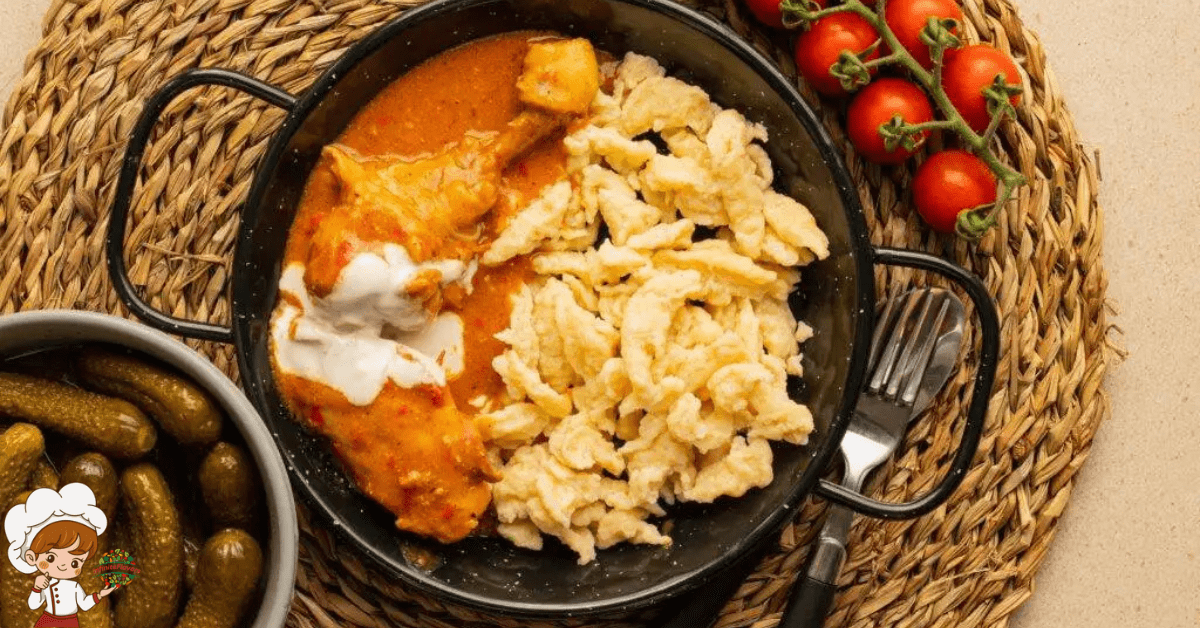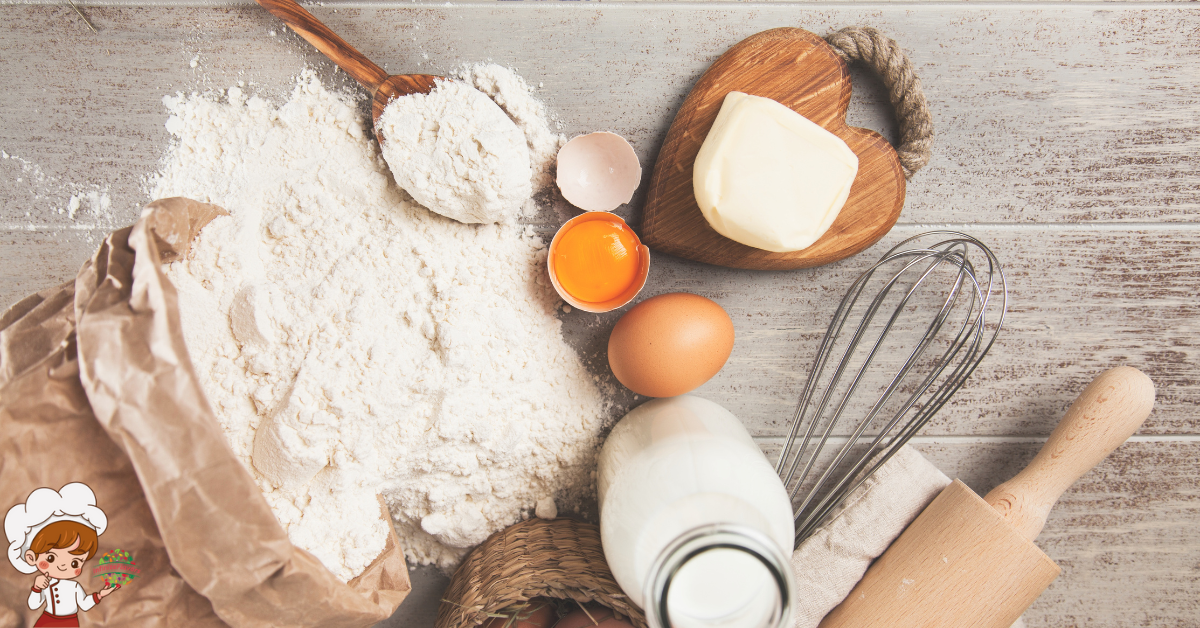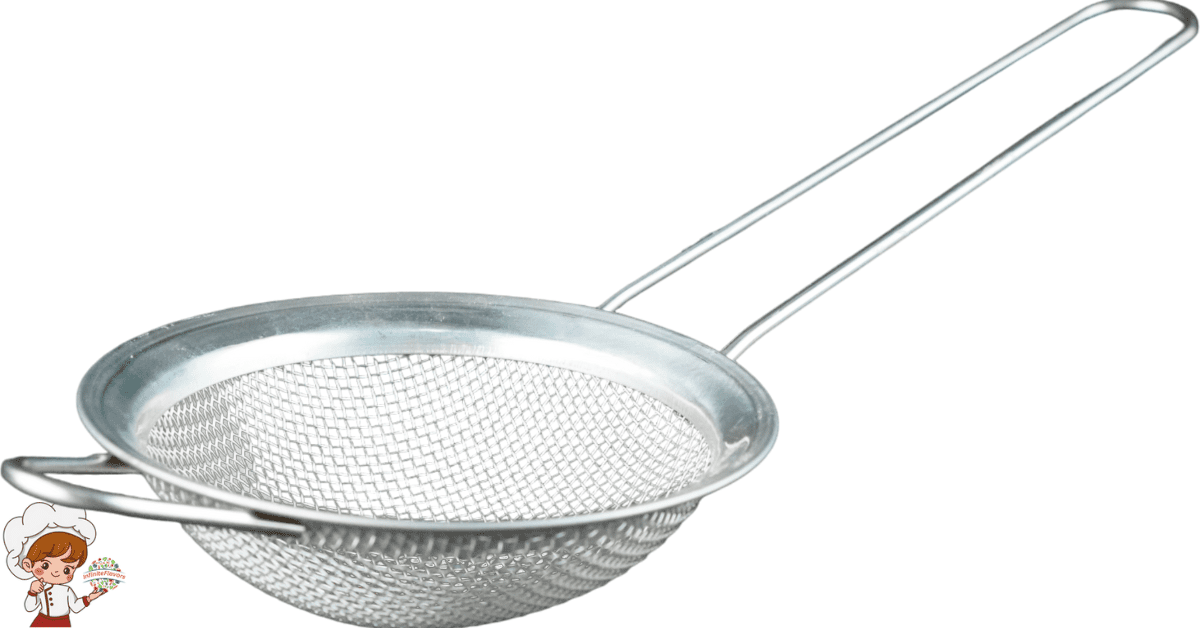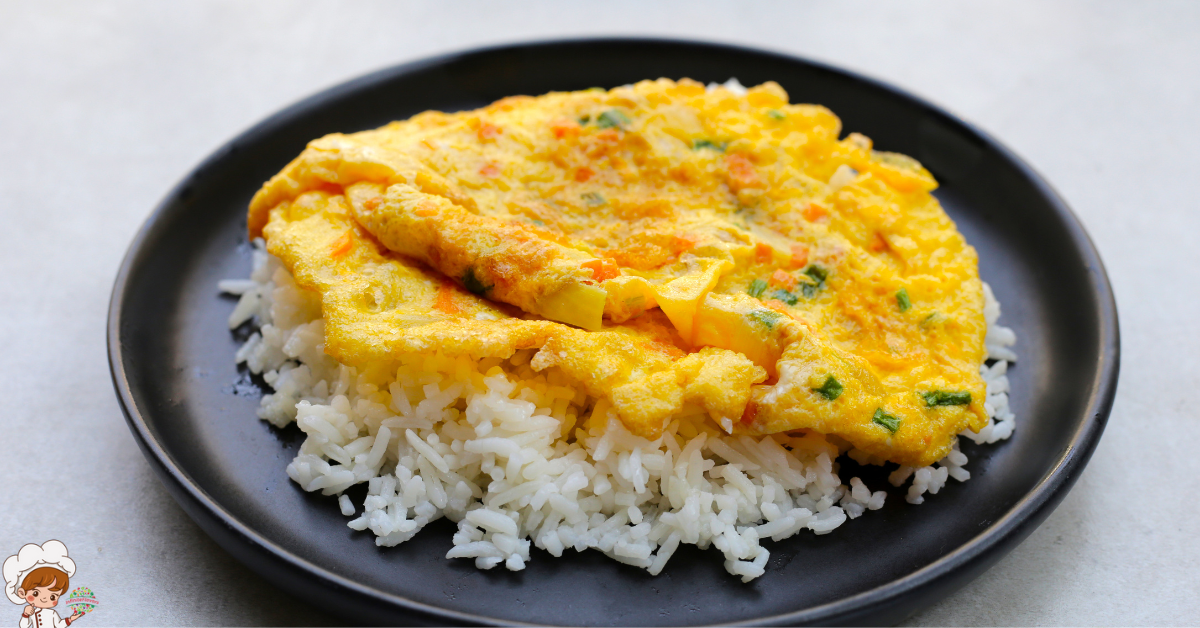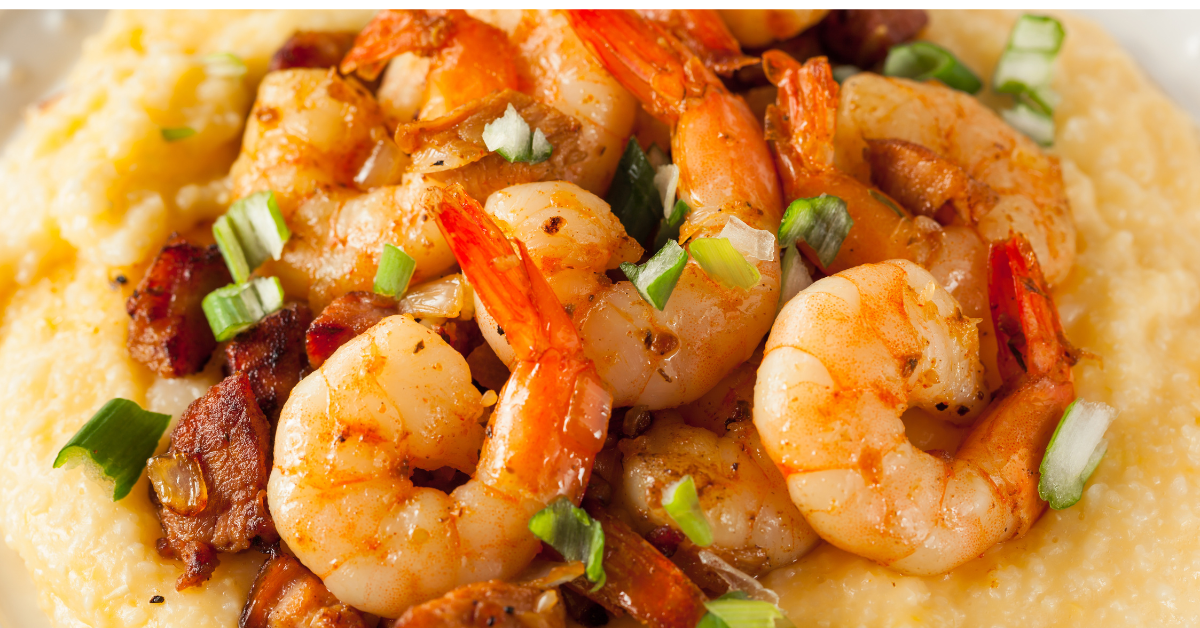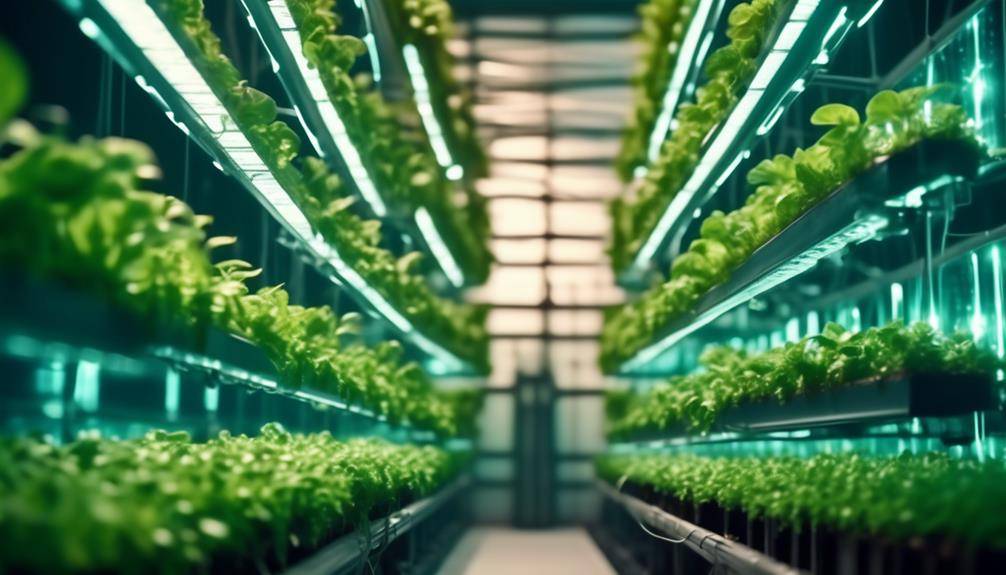Your 4-Step Guide to Cooking Fundamentals
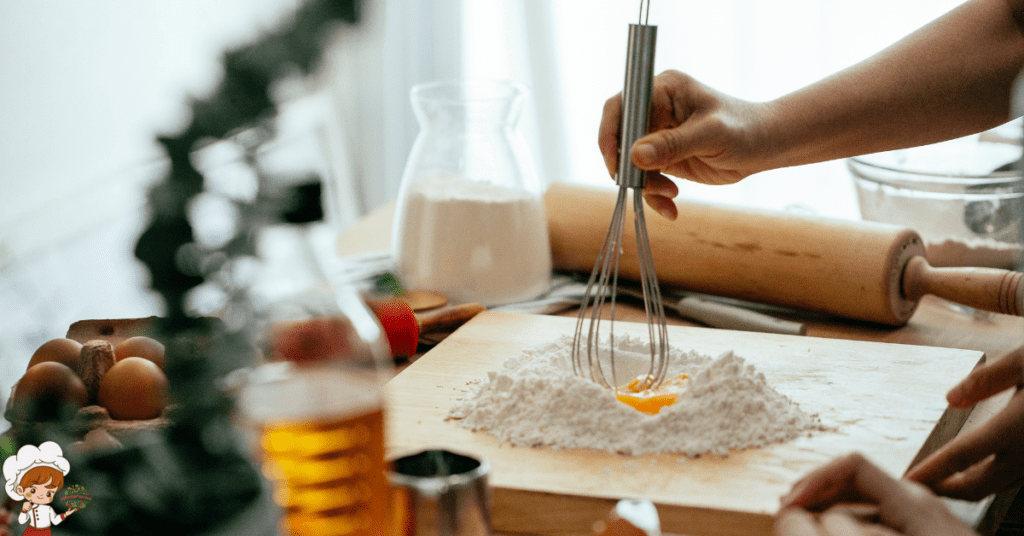
Looking to enhance your culinary skills? Look no further than “Your 4-Step Guide to Cooking Fundamentals.” This comprehensive guide will gently guide you through the basics of cooking, allowing you to become more confident and proficient in the kitchen. From essential kitchen tools to understanding heat and temperature, mastering knife skills to essential cooking techniques, this guide has got you covered. No need to worry about feeling overwhelmed or intimidated; this guide will take you by the hand and lead you on a culinary adventure. So, get ready to stock your pantry and discover recipe tips and tricks that will elevate your cooking to the next level. Let’s dive in and unlock your cooking potential!
Kitchen Essentials
To become a skilled cook, you need to have the right tools in your kitchen. Kitchen organization plays a crucial role in ensuring that you have easy access to all your cooking essentials. By keeping your kitchen well-organized, you can save time and effort while preparing your meals. Start by decluttering your kitchen and getting rid of any unnecessary items. Keep your countertops clear and designate specific areas for different categories of items, such as utensils, spices, and cookware. This will make it easier for you to find what you need when you’re in the midst of cooking.
When it comes to choosing cookware, it’s important to invest in high-quality pieces that will last you a long time. Look for pots and pans that are made from durable materials like stainless steel or cast iron. These materials distribute heat evenly and provide excellent heat retention. Non-stick pans are also a great addition to your kitchen, as they make cooking and cleaning up much easier. Additionally, consider the size of your cookware. Having a variety of sizes will allow you to cook different quantities of food, depending on your needs.
Understanding Heat and Temperature
Understanding the difference between heat and temperature is crucial when it comes to cooking with precision. Heat refers to the energy transfer that causes temperature to rise, while temperature measures the intensity of the heat. By grasping this concept, you’ll be able to adjust cooking times and temperatures accurately, resulting in perfectly cooked dishes every time.
Heat Vs Temperature
When cooking, it is important to understand the difference between heat and temperature. Heat refers to the transfer of thermal energy from one object to another, while temperature is a measure of the average kinetic energy of the particles in an object. Here are three key points to help you understand heat and temperature:
- Heat transfer: Heat can be transferred through various methods, such as conduction, convection, and radiation. Understanding how heat moves will help you control the cooking process effectively.
- Temperature control: Temperature plays a crucial role in cooking. Different foods require different temperatures to cook properly. Knowing how to adjust and maintain the temperature will ensure your dishes are cooked to perfection.
- Cooking techniques: Different cooking techniques rely on specific heat and temperature settings. Whether you’re grilling, sautéing, or baking, understanding the relationship between heat and temperature will help you achieve the desired results.
Cooking With Precision
As you delve deeper into the world of cooking, it is essential to master the art of cooking with precision, specifically by understanding the intricate relationship between heat and temperature. Cooking measurements and accuracy play a crucial role in achieving consistent and delicious results in your dishes. When it comes to cooking with precision, understanding the right heat and temperature levels is key.
Different cooking methods require specific temperature ranges to achieve the desired outcome. For example, searing requires high heat to create a caramelized crust, while slow cooking requires low heat to tenderize meats and develop flavors over time. By using a thermometer and following recipes that provide specific temperature guidelines, you can ensure that your dishes are cooked to perfection every time. Embrace the precision of cooking and elevate your culinary skills to new heights.
Mastering Knife Skills
To become proficient in the culinary arts, you must start by honing your knife skills. Mastering knife skills is essential for every aspiring chef. Not only will it improve your efficiency and speed in the kitchen, but it will also ensure your safety and the longevity of your knives. Here are three key aspects to focus on when it comes to knife skills:
- Knife Safety:
- Always hold the knife by the handle with a firm grip to maintain control.
- Keep your fingers curled under and away from the blade to prevent accidental cuts.
- Use a cutting board with a non-slip surface to prevent the knife from slipping.
- Knife Maintenance:
- Keep your knives sharp by regularly honing or sharpening them.
- Store them properly, either in a knife block or on a magnetic strip, to prevent damage to the blade.
- Hand wash your knives with mild soap and warm water, and dry them thoroughly to prevent rusting.
By prioritizing knife safety, you can minimize the risk of accidents and ensure a more enjoyable cooking experience. Additionally, proper knife maintenance is crucial for maintaining the sharpness and longevity of your knives. Remember, a dull knife is more likely to slip, increasing the chance of injury. Regularly honing and sharpening your knives will not only make cutting easier but also improve the overall quality of your dishes.
Essential Cooking Techniques
Now that you have mastered knife skills, it’s time to delve into essential cooking techniques that will enhance your culinary repertoire. These techniques are the foundation upon which you will build your skills as a cook, allowing you to create delicious and perfectly seasoned dishes every time.
One essential cooking technique is achieving perfect seasoning. This involves knowing how to balance flavors and bring out the best in your ingredients. Salt is a key component of seasoning, and learning how to use it judiciously can elevate your dishes to new heights. Remember that it’s easier to add more seasoning later than to remove excess salt, so start with a small amount and adjust as needed. Another important aspect of achieving perfect seasoning is the use of herbs and spices. These ingredients can add depth and complexity to your dishes, but it’s important to use them in moderation to avoid overwhelming the other flavors.
In addition to seasoning, there are other essential cooking techniques that will enhance your cooking skills. Sautéing, for example, involves cooking food quickly in a small amount of fat over high heat. This technique is perfect for cooking vegetables, meats, and seafood, as it helps to retain their natural flavors and textures. Another essential technique is braising, which involves cooking food slowly in a flavorful liquid. This method is great for tougher cuts of meat, as it helps to break down the connective tissues and create tender, flavorful results.
Stocking Your Pantry
Once you have mastered essential cooking techniques, it’s time to stock your pantry with the necessary ingredients to elevate your culinary creations. Pantry organization is key to ensuring that you have everything you need at your fingertips when you step into the kitchen. To help you get started, here are three must-have pantry staples that will enhance your cooking experience:
- Olive Oil: This versatile oil is a staple in any kitchen. It adds flavor to your dishes and can be used for sautéing, roasting, and dressing salads. Look for extra virgin olive oil for the best quality and flavor.
- Spices and Herbs: A well-stocked spice rack is essential for adding depth and complexity to your dishes. Start with basics like salt, pepper, garlic powder, and onion powder. Then, expand your collection with spices like cumin, paprika, and chili powder. Fresh herbs like basil, parsley, and thyme can also elevate your cooking.
- Canned Goods: Canned goods are a convenient way to add flavor and texture to your meals. Stock up on essentials like canned tomatoes, beans, and broth. These can be used in a variety of dishes, from soups and stews to pasta sauces and chili.
Recipe Tips and Tricks
Now let’s talk about some recipe tips and tricks that will take your cooking skills to the next level. First, we’ll explore ingredient substitutions and how you can make creative swaps without compromising the taste of your dish. Next, we’ll delve into achieving perfect seasoning, teaching you how to balance flavors and enhance the overall taste of your meals. Lastly, we’ll dive into the importance of mastering cooking temperatures, ensuring that your food is cooked to perfection every time. Get ready to elevate your cooking game with these essential tips and tricks.
Ingredient Substitutions Explained
- Discover 5 essential ingredient substitutions that will revolutionize your cooking.
Substituting dairy products and baking without eggs can be a challenge, but with these simple ingredient swaps, you can still create delicious dishes without sacrificing taste or texture.
Here are three key substitutions to keep in mind:
- Swap dairy milk with plant-based alternatives like almond, soy, or oat milk. These options provide a similar creamy texture and can be used in recipes that call for milk.
- Replace butter with coconut oil or vegan margarine for a dairy-free alternative. These substitutes work well in baking and cooking and will still give you the desired richness.
- When baking without eggs, try using applesauce, mashed bananas, or flaxseed mixed with water as binding agents. These ingredients add moisture and help bind the other ingredients together.
Achieving Perfect Seasoning
To achieve perfect seasoning in your recipes, start by understanding the importance of balancing flavors. Seasoning is not just about adding salt; it’s about creating a harmonious blend of flavors that enhance the taste of your dish. While salt is a common seasoning, there are also salt alternatives available, such as herbs, spices, and citrus juices, that can add depth and complexity to your recipes.
Experimenting with different combinations can help you find the perfect balance for your taste buds. When it comes to flavor balancing, remember to start with a little seasoning and gradually add more as needed. It’s easier to add more seasoning than to fix an overly seasoned dish. So, take your time, taste as you go, and trust your palate to achieve that perfect seasoning in your recipes.
Mastering Cooking Temperatures
Achieving perfect seasoning is just the beginning when it comes to mastering cooking temperatures. To truly excel in the kitchen, you must also have a firm grasp on cooking temperature control and temperature conversion techniques. Here are some key tips and tricks to help you become a pro:
- Use a meat thermometer to accurately gauge the internal temperature of your proteins. This ensures that they are cooked to the perfect level of doneness, whether you prefer rare, medium, or well-done.
- Understand the concept of carryover cooking, which means that food continues to cook even after it has been removed from the heat source. Adjust your cooking times accordingly to avoid overcooking.
- Familiarize yourself with temperature conversion techniques, such as converting Fahrenheit to Celsius or vice versa. This will allow you to follow recipes from different regions without any confusion.
Frequently Asked Questions: Your 4-Step Guide to Cooking Fundamentals
How Can I Properly Store Fresh Herbs to Maximize Their Shelf Life?
To properly store fresh herbs and maximize their shelf life, keep them in a sealed plastic bag with a damp paper towel. This helps retain moisture and freshness. Place the bag in the refrigerator and use within a week for best results.
What Are Some Tips for Preventing My Meat From Sticking to the Pan While Searing?
To prevent your meat from sticking to the pan while searing, make sure the oil is hot enough before adding the meat. Also, properly season your meat to create a barrier between the meat and the pan.
Is It Necessary to Preheat the Oven Before Baking?
Yes, it is necessary to preheat the oven before baking. Preheating ensures even cooking and proper browning. Not preheating can lead to unevenly baked goods with a longer cooking time.
How Can I Tell if My Eggs Are Still Fresh or if They Have Gone Bad?
To determine if your eggs are fresh or spoiled, perform the float test. Fill a bowl with water, gently place the egg in it. If it sinks and lies flat, it’s fresh. If it floats, it’s bad.
Are There Any Substitutes for Common Baking Ingredients Like Eggs or Butter?
Looking to substitute eggs or butter in baking? Get creative with alternative options like applesauce or mashed bananas for eggs, and coconut oil or Greek yogurt for butter. Experiment and enjoy!
Conclusion
In conclusion, mastering the fundamentals of cooking is essential for anyone looking to become a confident and skilled chef. By understanding kitchen essentials, heat and temperature, knife skills, and essential cooking techniques, you will be well on your way to creating delicious meals with ease. Additionally, stocking your pantry with necessary ingredients and utilizing recipe tips and tricks will further enhance your culinary prowess. So, grab your apron and get ready to unleash your inner chef!



